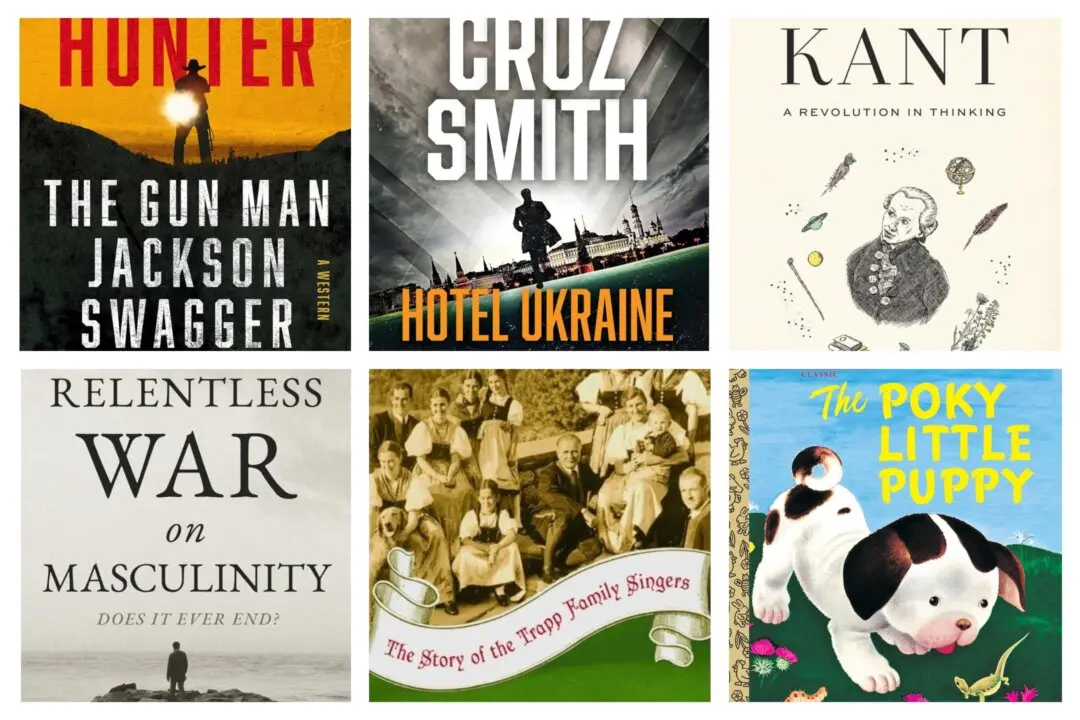When you think about internships, you may assume they’re something offered only to college students, but these days some employers are offering them to high school students as well. An internship can provide an excellent opportunity for high schoolers to test the waters of career paths they may be considering and to improve the quality of job experiences they’d otherwise not have access to.
Julie Lammers is senior vice president of government relations and advocacy at American Student Assistance (ASA), a nonprofit organization dedicated to guiding young people toward a rewarding career path. I asked her about high school internships and her advice for parents and students who may be interested.






